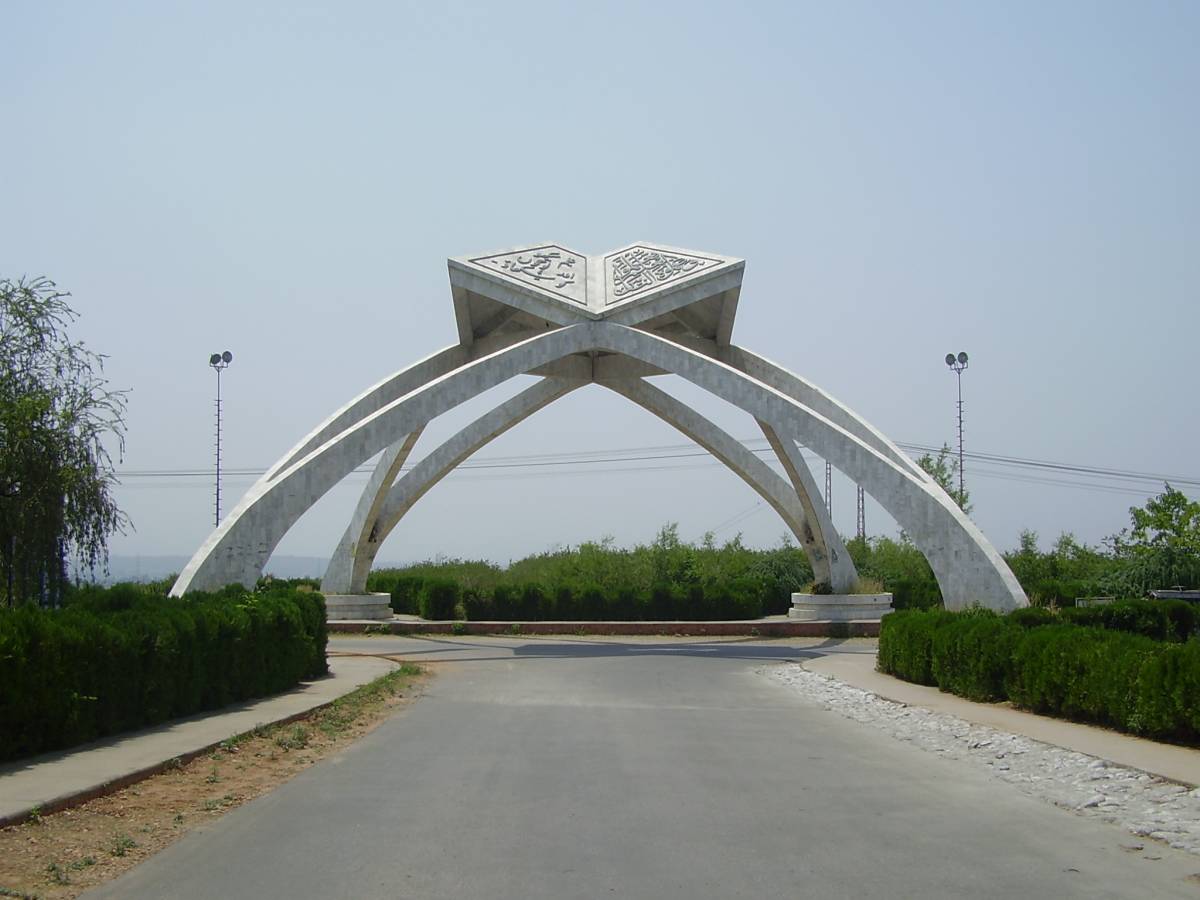In many urban areas, trees are being removed to make way for concrete buildings and busy streets. While this may seem like a necessary change, research shows that the loss of trees can have serious consequences on our health and well-being. In London, scientists have estimated that trees have saved over 150 lives in just eight years by reducing the temperature of the city by up to 35°F (2°C).
The “Urban Heat Island Effect” is a phenomenon that occurs in cities where buildings and pavement absorb heat during the day, causing temperatures to rise significantly at night. This can lead to a range of health problems such as cardiovascular diseases, respiratory issues, and even diabetes. To combat this effect, scientists recommend increasing tree canopy coverage as part of a broader public health initiative.
A recent study published in IOP Science showed that during the heatwave events of 2022, tree coverage in London helped avoid approximately 16 heat-attributable deaths. The study also found that the cooling benefits from trees become even greater under hotter future climates. Therefore, it’s important for us to prioritize planting more trees and protecting existing ones as part of our efforts to reduce heat-related mortality in the future. So next time you go for a run in the park, take a moment to appreciate your leafy friends and their role in keeping you healthy!



